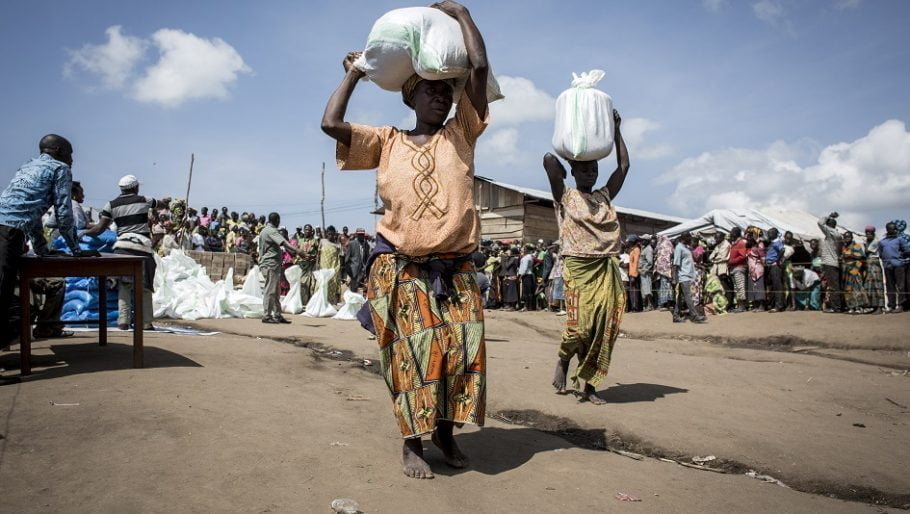Future of NGOs: Smaller, more specialised, and more efficient

The World Humanitarian Summit failed to make any significant progress on fundamental issues that are likely to reduce the amount of suffering caused by conflict or predictable natural disasters. However there was progress on a number of areas and one was the commitment to do more cash or market based programming.
I had the privilege of attending the WHS which included the launch of the “Grand Bargain” This is a set of commitments from institutions including humanitarian donors and NGOs to improve the effectiveness, efficiency and transparency of humanitarian assistance which includes a number of objectives around increasing cash based programming. Disappointingly these were watered down from what the UN Secretary General called for (which was to make cash programming the default choice) and no specific targets were set, but progress was made none the less and this author welcomes them.
At various moments within the WHS, cash emerged as a focus of discussion both for its ability to put “people at the centre” by empowering them to make their own choices and because of its greater efficiency in delivering assistance. But I thought it was interesting that nearly all the speakers I heard went to great lengths to not “over-sell” cash. Nearly every comment was prefixed or suffixed with “not a silver bullet” or “not a panacea” or other caveat. True, cash is not always appropriate and is not the only answer for humanitarian aid. But neither are food or non-food items (NFIs) yet people do not seem compelled to express fear that we are doing inappropriate NFIs or food aid to the extent they do with cash. Why?
Underlying the discourse I think there are two profound questions that implicitly or explicitly shape thinking;
- Do we trust poor people?
- If there is less to distribute, what do we do?
Trust of poor people has been a discussion in Europe since the 16th century essays on “the deserving poor”. I recently visited a nineteenth century Workhouse in the UK, now a museum. When established, conditions in the workhouse were deliberately boring and harsh so only the truly destitute sought refuge there. This was premised on an underlying belief that if you were able bodied and poor you were lazy and it was your fault. Today attitudes have significantly changed, but there does often seem to remain a paternalism that “we” know best and/or a fear that “they” will not make the right choices. This attitude cuts across international and national actors, and is not limited to European actors but is something I have seen expressed by people and organisations of multiple nationalities and from across the planet. Cash is the most interrogated of all aid modalities or yet the evidence consistently shows that disaster affected communities do make good choices on how to use their resources. We just need to get over ourselves.
What will be our role in a future of less delivery? Since the 1990s many INGOs have grown in size, accepting large grants to undertake a range of service delivery. As such we fulfilled our own rhetoric that in many ways humanitarianism = service delivery. Apart from the critique that NGOs were acting as unaccountable parallel-governments, it also begged the question: could other organisations do the delivery as well or better than NGOs? We’ve seen more aid delivery by the military and private sector over the years. In a future in which cash is delivered at scale – but via a range of financial service providers, or indeed existing government social safety net programmes – explicitly humanitarian organisations will be smaller. However, it will allow us the space to re-focus on issues such as analysis, preparedness, early action and important value based activities such as witness and solidarity with the conflict and disaster affected. There will still be a role for humanitarian agencies in terms of targeting and monitoring to ensure the right people are benefitting, to ensure coordination across sectors and learning.
We will have smaller organisations in terms of personnel and assets but that is a price worth paying if it delivers more appropriate assistance.
Main image: John Wessel/Oxfam


